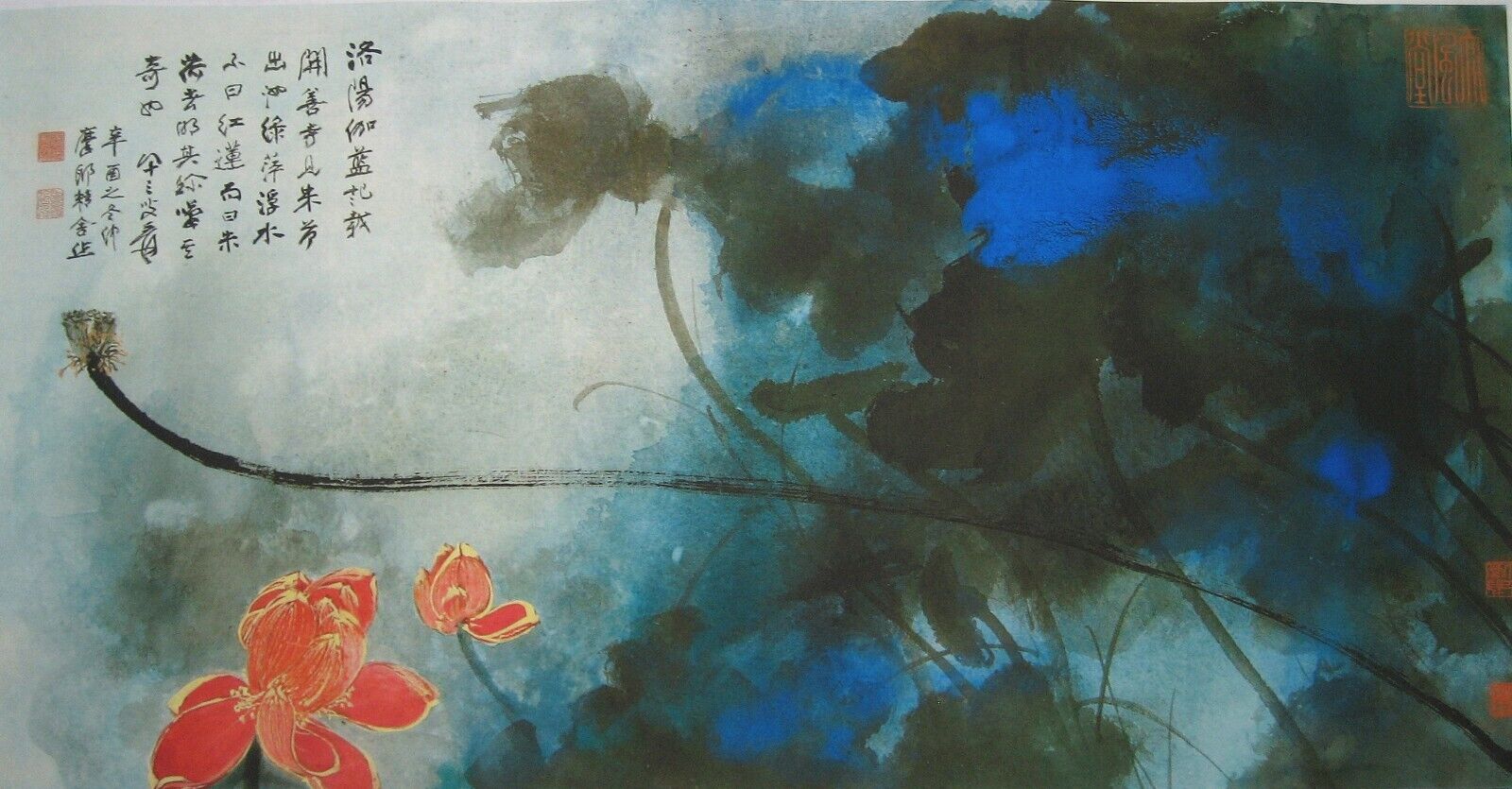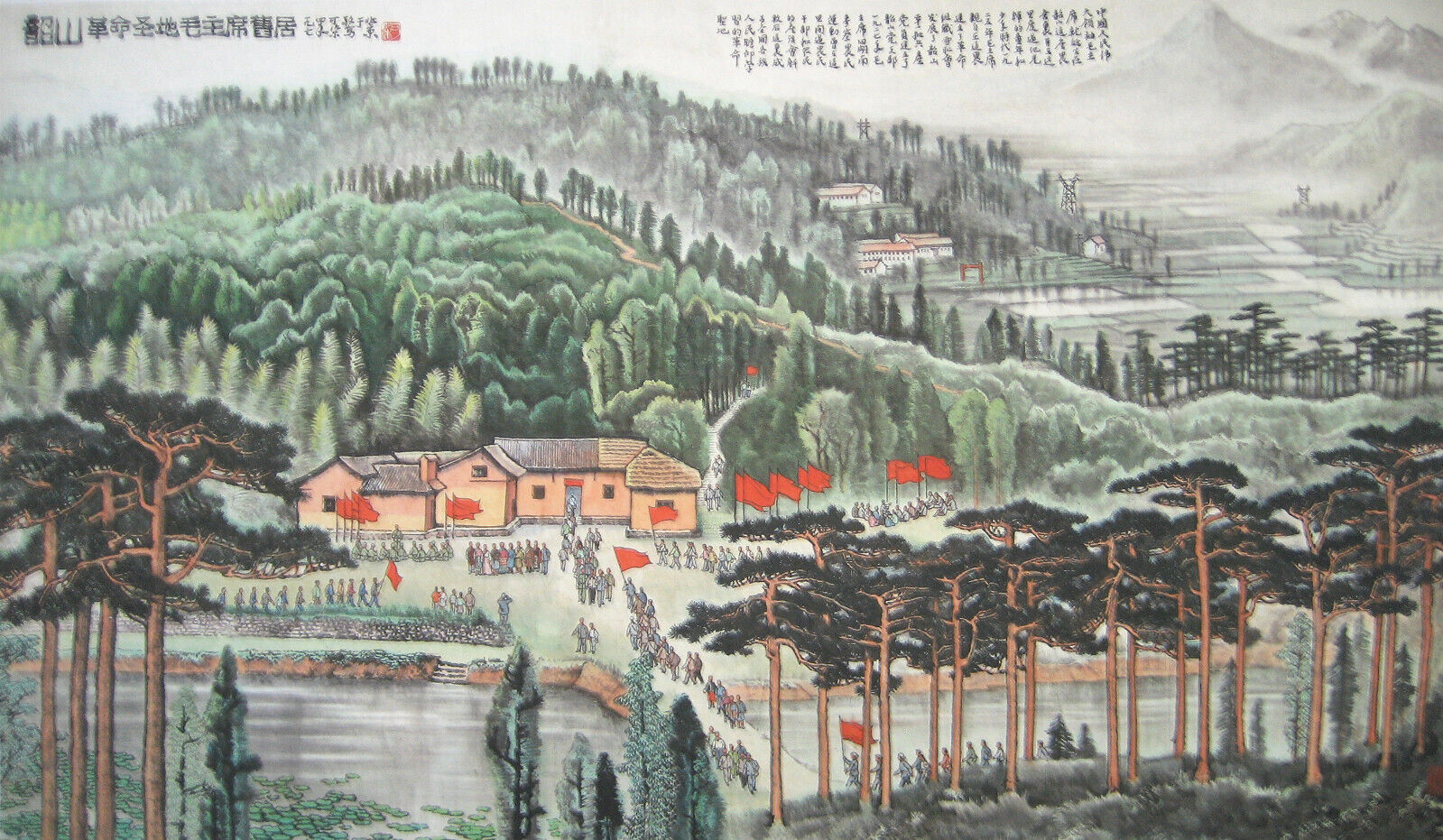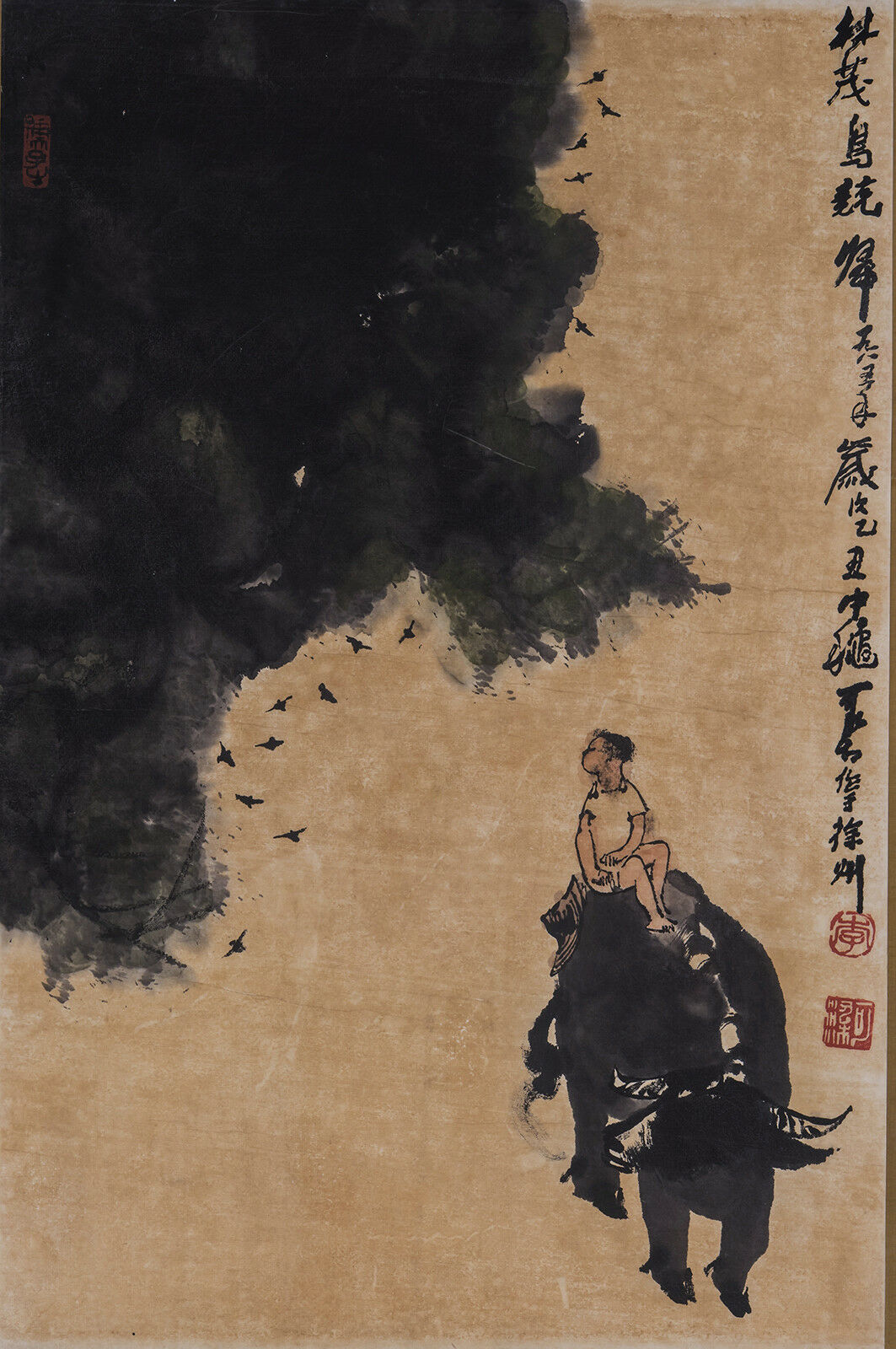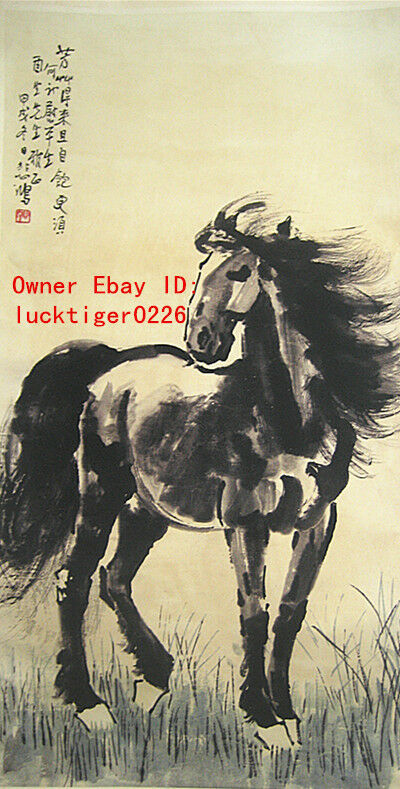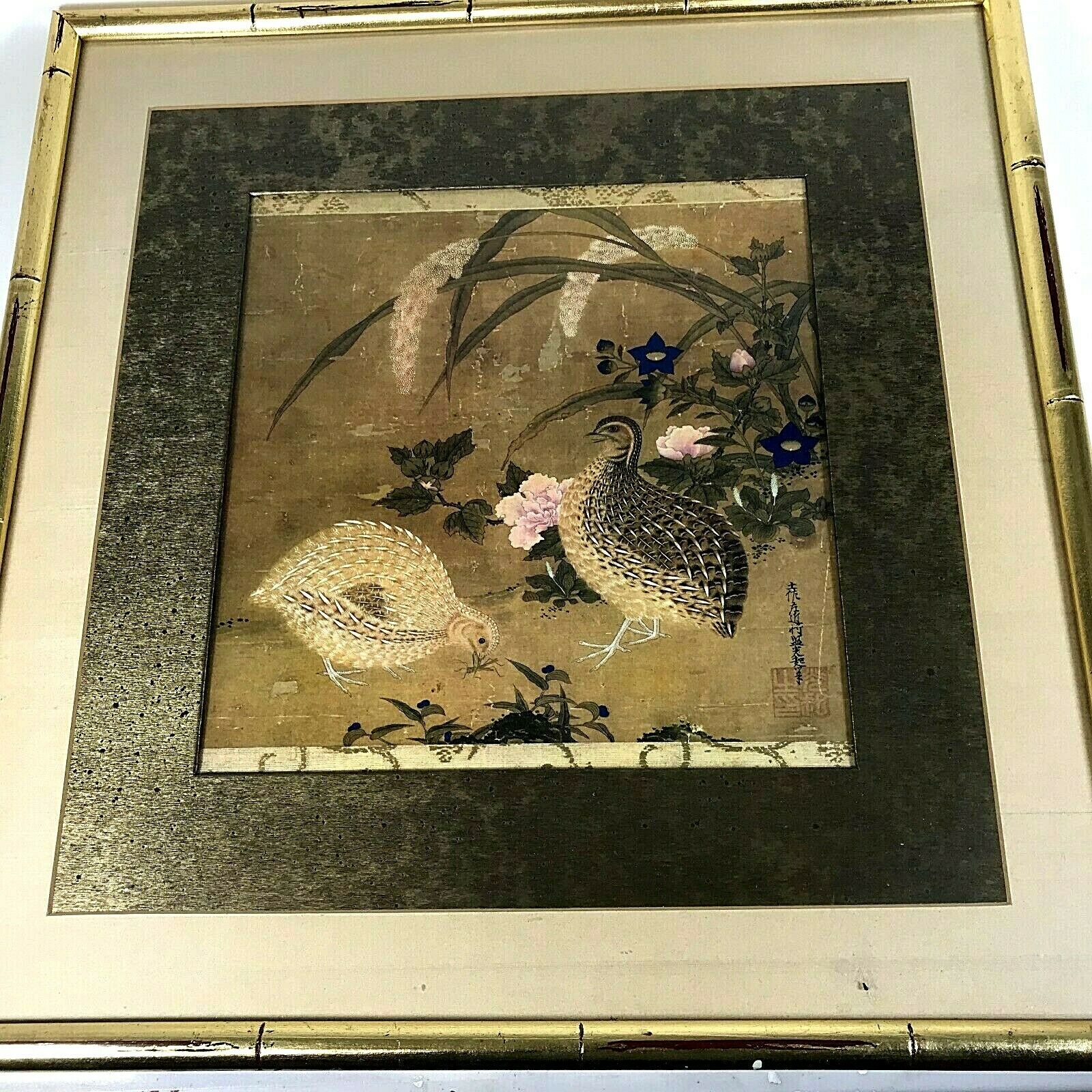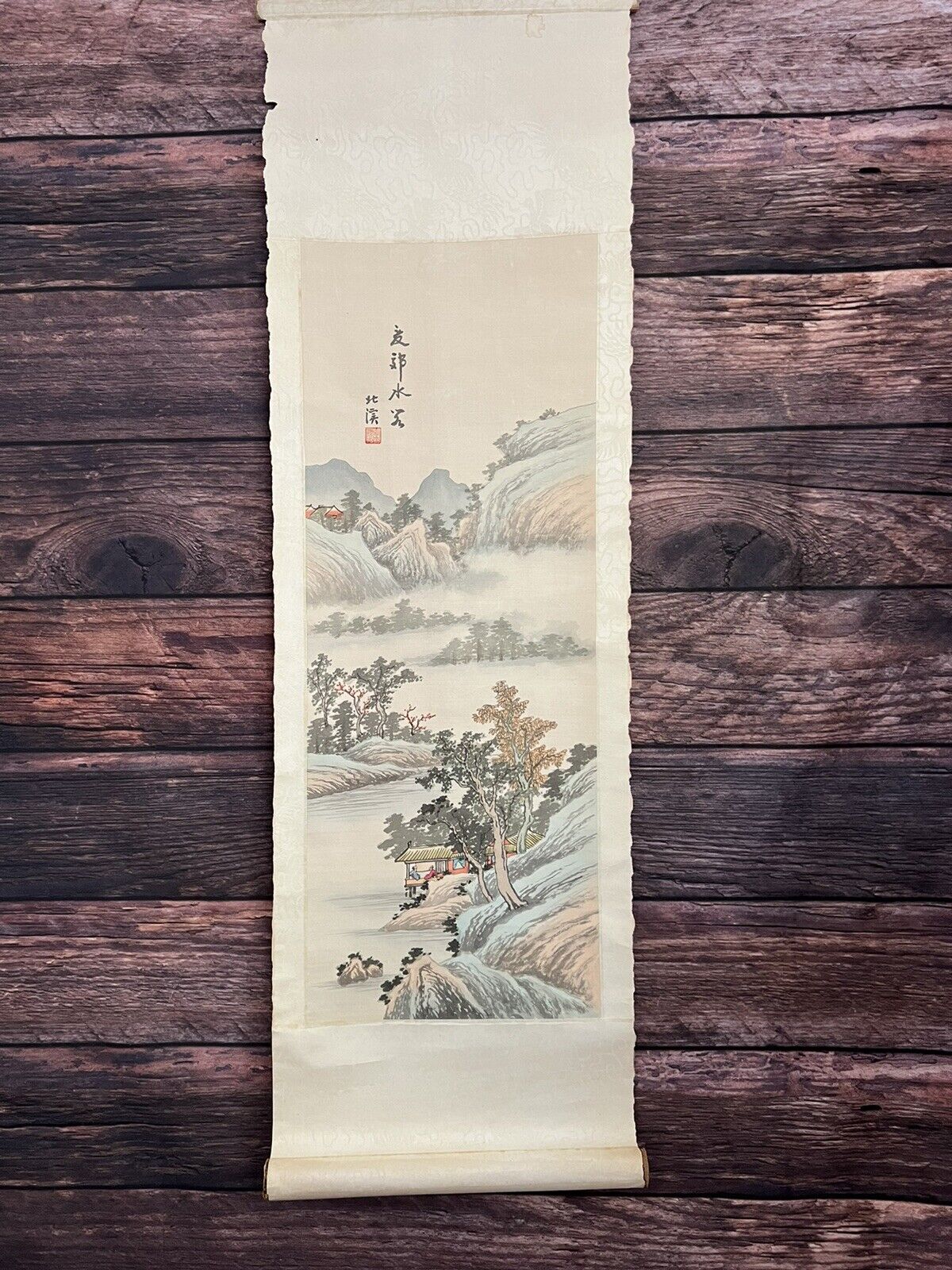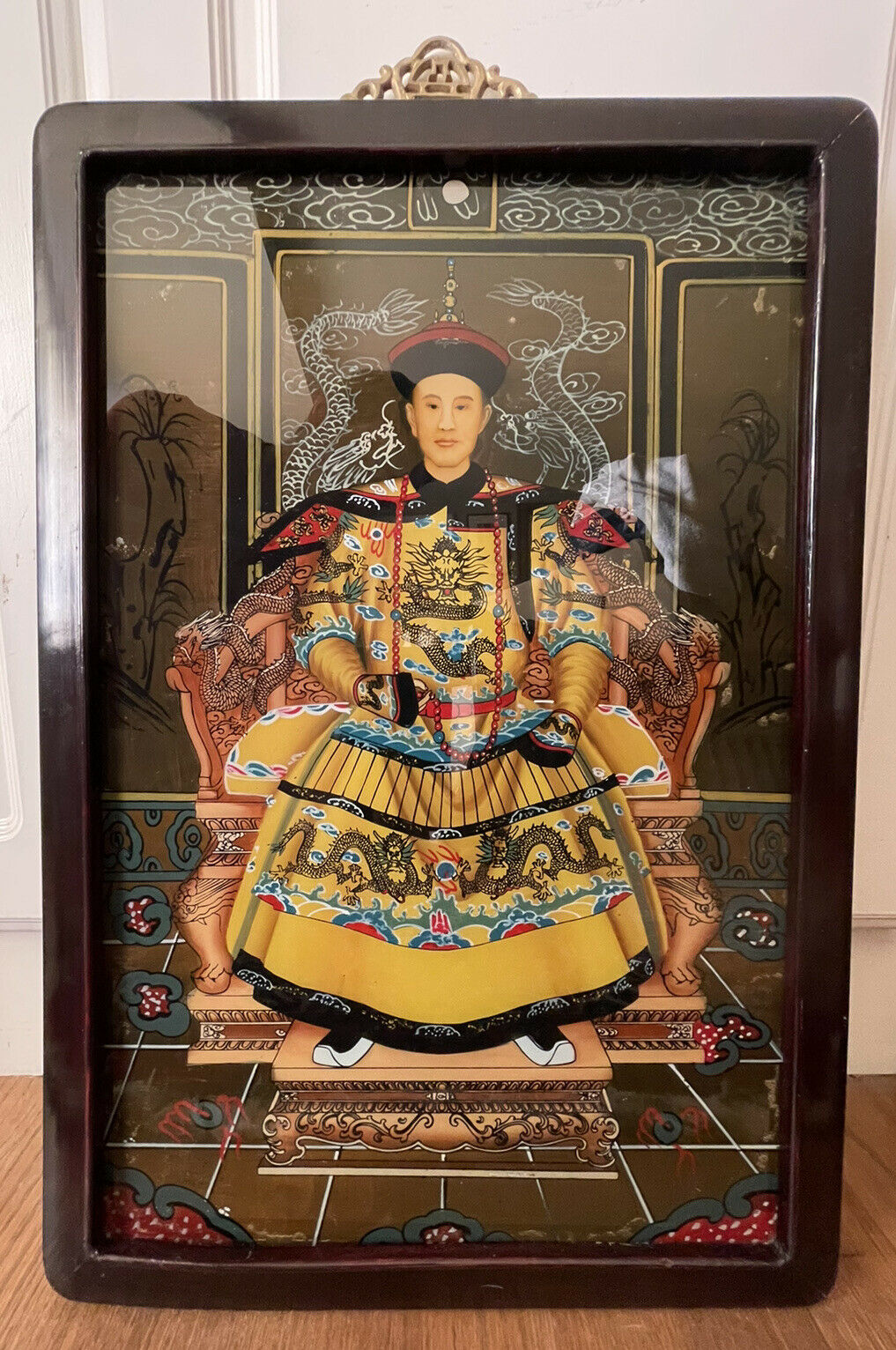-40%
Chinese Pith Paintings,19th Century, RARE Complete and original set of 12
$ 2534.4
- Description
- Size Guide
Description
62021BX2557TB1699A rare set of twelve original watercolor paintings on pith, circa 1830-1850, (often mistakenly referred to as rice paper). This set of twelve paintings, framed 3 each in four frames is not the usual subject matter of boats, birds, flowers and individuals in costume. This rare set depicts Criminal Justice in China. The interest in Chinese punishments was of great fascination to Westerners. The punishments illustrated include interrogation and sentencing, coercion and confession, whipping, chaining, beheading, cutting, hanging, and exile.
The set has been professionally framed with archival framing materials to properly preserve them. Each frame is 20 3/8" X 10". paintings size 4 1/2" X 6" approximately. The colors are strong, and in spite of the delicate nature of pith, the paintings are in very good to excellent condition, with a few showing minor foxing and one showing a vertical split in the pith. The archival framing has now stabilized the paintings and prevents damage.
Pith comes from the central column of a spongy cellular tissue in the stem of a small tree, Tetra Panax Papyifera, native to South-West China. It is cut by hand with a small, delicate knife into thin sheets of small size. The size is limited by the nature of the material and the process requires a highly skilled hand. The finished sheets are usually no more than 20cm X 30 cm. These were painted by a handful of highly skilled Chinese artists who were painting to sell to the Western market. Westerners were very curious about the Chinese way of life, but they were barred from contact with the Chinese people by the Chinese government. The exotic was an important part of American and European decor in the 18th and 19th centuries, so traders from America and Europe brought these paintings back as souvenirs of their travels and to sell to people back home.
PLEASE SEE ALL PHOTOS WHICH ARE PART OF THE DESCRIPTION.












